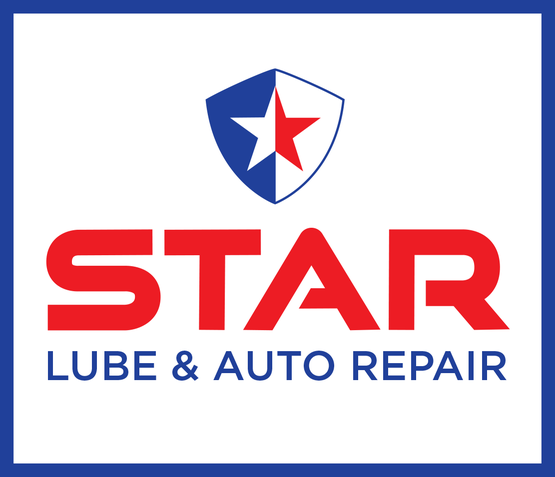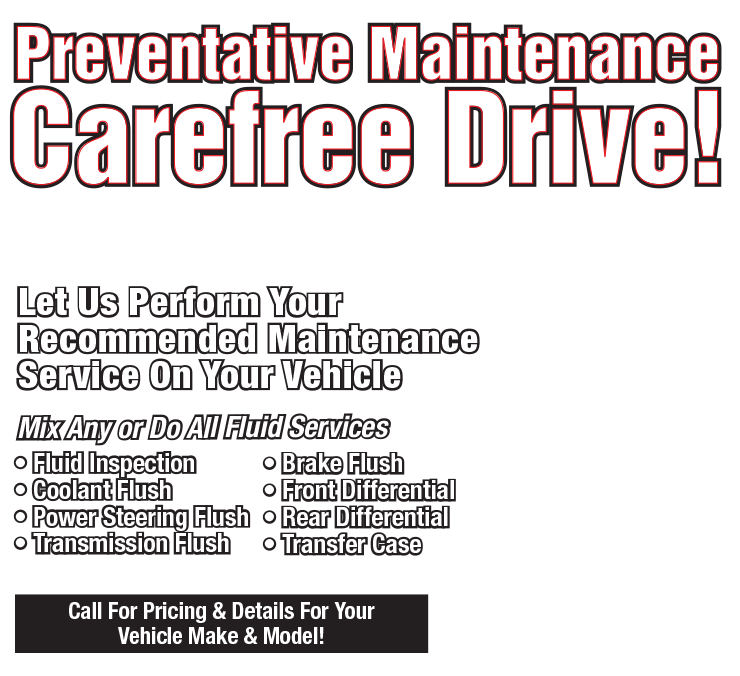The Truth about Tire Pressure (Tire Inflation)
October 20, 2024
Most light vehicles (under 10,000 pounds/4,500 kg) in North America sold from 2008 model year on have a feature that many people are confused about. It's the tire pressure monitoring system (TPMS). You may have some experience with it yourself if you own a newer vehicle. Vehicles with TPMS have sensors in each tire that are supposed to warn the driver when tire pressure gets dangerously low. That's important because tires that are significantly under-inflated can cause very serious accidents.
Unfortunately, many drivers think the TPMS does all the work keeping track of tire pressure. To them, as long as the warning light or gauge isn’t giving a warning, the tires must have the proper amount of air pressure in them. That's not the case.
Tire pressure monitoring systems aren't all created equal. Some give you a digital readout of the pressures in each individual tire. But many simply have a warning light that looks like the cross section of a tire with an exclamation point in the middle. If you don't know what it is, it's because it's not instantly recognizable as a tire. In fact, one company that makes TPMS, Schrader Performance Sensors, surveyed drivers. Their study showed that more than 40 percent of drivers didn't know that that warning light was.
One out of 5 of the drivers who did know what the light was only looked at their tires after the light came on to see if they could see any that needed air; they never checked them with a tire gauge or had someone else do it. Ten percent of them didn't do anything when the light came on.
In most vehicles with TPMS, the warning comes on only when the tires are more than 25% underinflated. The American Automobile Association says that's under the pressure you need for safe vehicle operation.
The bottom line is once a month you should make sure your tires are inflated to the manufacturer's recommendations. That means each tire should be measured with an accurate, external tire gauge. To be confident you are getting a correct reading, take your vehicle to a reputable service facility where their equipment is calibrated and they know what they're doing.
Severely underinflated tires can contribute to an accident that kills or severely injures people. The idea behind TPMS is well intended, but the system was never meant to replace regular inflation measurements and maintenance. Periodically have your tires checked for proper inflation.
Star Lube Centerton
550 W Centerton Blvd
Centerton, Arkansas 72719
479-795-1060
http://www.starlubecenterton.com
Need Service?
More articles from Star Lube & Auto Repair

Before You Buy that Used Vehicle (Having a Used Car Inspected Before Buying)
February 1, 2026
Let's face it. New vehicles are expensive, so finding a good used one can save drivers a lot of money. It's tempting to look through ads, find a private seller who has what you're looking for and pay a price you think is a great deal. But when you go over to look at a used car, do you really k... More

Not Too Hot and Not Too Cold (Temperature Gauge)
January 25, 2026
You know your body temperature is supposed to be 98.6 degrees F, 37 degrees C. Your vehicle has a normal temperature, too, and if you pay attention to it, that can save you some big headaches down the road. Many vehicles have a temperature gauge on the dash that takes the temperature of the engi... More

Beginning to See the Light (Check Engine Light Diagnostics)
January 18, 2026
It's a light many drivers fear they'll see turn on at the most inopportune time. It's the one on the dash that says "Check Engine," "Service Engine Soon," or it may be simply an engine-shaped light. Your first instinct may be to pull off to the side of the road and turn off the engine. The truth... More









